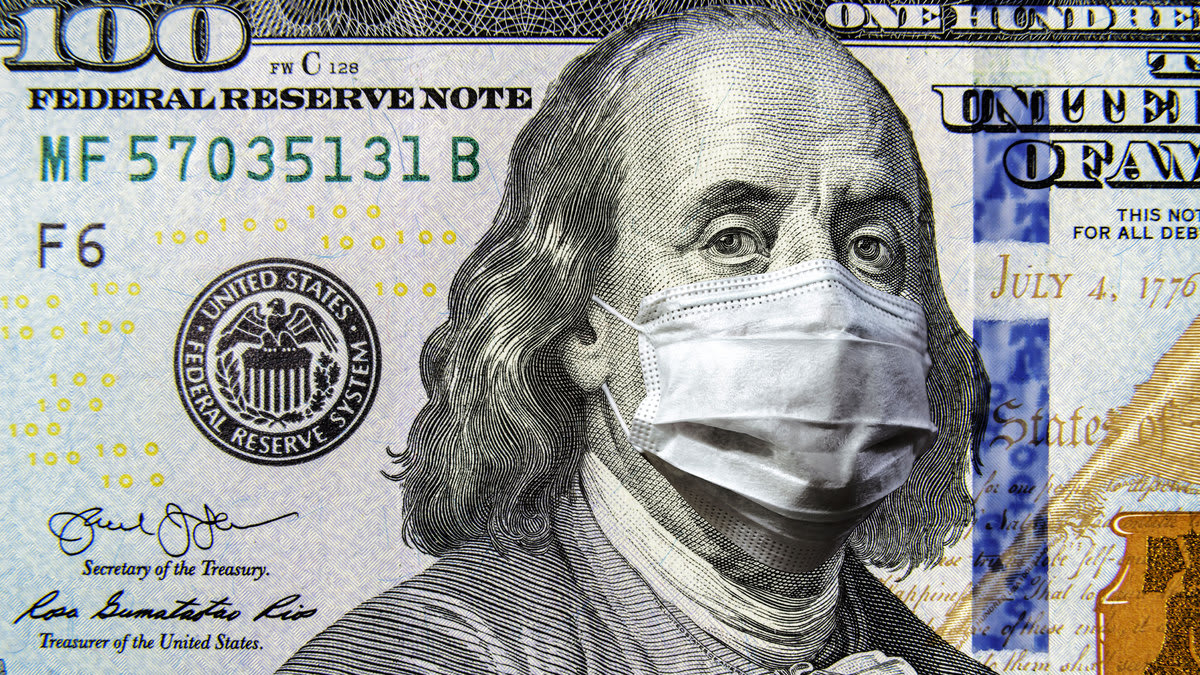
By now it is clear that the recipients of Paycheck Protection Program loans were often companies larger than the mom-and-pop operations we were led to believe would be the main beneficiaries. A closer examination of the data shows assistance going not just to mid-sized companies but also to portions of Big Business.
This finding comes from a comparison of the PPP data released in early July to the 1.1 million entries my colleagues and I at Good Jobs First have assembled in our Violation Tracker and Subsidy Tracker databases. The Trackers link the individual penalty or subsidy records to a universe of nearly 4,000 parent companies.
We have now been looking for matches between Tracker data and the more than 1 million entries we have assembled in our newer database Covid Stimulus Watch, which contains data on loans and grants to companies and large non-profits from 19 programs created by the CARES Act.
So far, we have found 775 Tracker parents that have also received covid-related financial assistance, either directly or through a subsidiary. Not all of these are surprises. Some CARES Act programs were designed to help larger companies. For example, the Payroll Support Program is providing massive grants and loans to the major airlines (as well as smaller carriers, air cargo companies and others).
The healthcare systems receiving assistance from the Provider Relief Fund include the large for-profit hospital chains HCA and Tenet as well as both large and small non-profits. The Federal Reserve’s Secondary Market Corporate Credit Facility has been buying the bonds of Fortune 500 companies.
The larger corporations participating in those programs account for about two-thirds of the Tracker-Covid Stimulus Watch parent overlaps. That leaves about 220 that show up in connection with the PPP. Of these, about 150 are privately held. That means, of course, that precise information on their size is not readily available.
We chose to include these firms in the Tracker universe because of indications they are sizeable businesses. Some, in fact, are sizeable enough to be included in the Forbes list of the largest privately held companies in the United Sates.
One example is Ashley Furniture Industries, a manufacturer and retailer that Forbes estimated has $5.8 billion in revenue and 31,000 employees. Two of Ashley’s stores received PPP loans worth between $500,000 and $1.4 million (the loan amounts were disclosed in ranges).
Ma Labs, a computer components producer which Forbes puts at $2.1 billion in revenue and 1,200 employees, received a PPP loan worth between $2 million and $5 million. A more complicated example is Tauber Oil, which Forbes says has revenue of $7.4 billion but only 168 employees. It received a PPP loan of at least $2 million.
Some very large publicly traded companies can also be linked to PPP loan awards. Garden Fresh Gourmet, a salsa company in Michigan owned by Campbell Soup, got a PPP loan in the $2 million-$5 million range. Campbell Soup, with revenues of $9.9 billion, is No. 322 on the Fortune 500.
Marion Resource Recovery Facility LLC, which operates a waste management facility in Oregon, got a PPP loan of up to $250,000. The company is owned by Republic Services, No. 305 on the Fortune 500 with $10.2 billion in revenue.
Large foreign corporations also have PPP connections. For example: Hanwha Advanced Materials America LLC, which received a PPP loan in the $2 million-$5 million range, is owned by South Korea’s Hanwha Group, which ranks No. 261 on the Fortune Global 500 with revenue of $44 billion.
Welspun Pipes, a subsidiary of India’s large Welspun Group conglomerate, received a PPP loan between $5 and $10 million.
These are but a few examples of how some of the world’s largest corporations have managed to benefit from a program advertised as a lifeline for small business.
CORRECTION: I have been told by Campbell Soup that it has sold Garden Fresh Gourmet, even though the latter’s website still refers to an ownership relationship.


You must be logged in to post a comment.